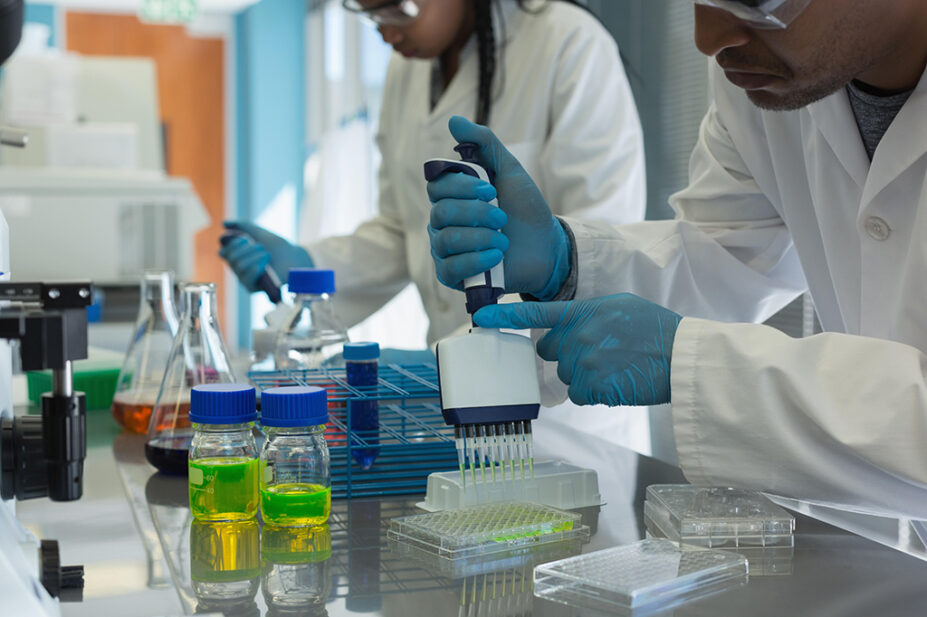
Wavebreakmedia Ltd UC74 / Alamy Stock Photo
The Scottish government is scoping plans to roll out a National Pharmaceutical Agency (NPhA), which “may include establishing expanded manufacturing capabilities”, it has said.
This comes after the Scottish National Party (SNP) pledged to set up an agency as part of its election manifesto in April 2021.
In a statement to The Pharmaceutical Journal on 19 April 2023, Jenni Minto, public health minister for Scotland, said the government committed to developing the agency “to improve links between the life sciences industry and the NHS, and ultimately improve patient care”.
“We are currently in the scoping phase for this work,” she said.
A response to a freedom of information request, published on the Scottish government website in October 2022, added that “early exploratory discussions have taken place encompassing topics from the Life Sciences Vision and those of current relevance to both academia and the NHS”.
“Areas of interest include respiratory medicines, dementia, cell and gene therapies and pharmacogenomics,” the response said, adding that the agency “can assist in securing safe and high-quality medicines, at the most cost-effective price possible”.
“Where necessary, this may include establishing expanded manufacturing capabilities for both generic medicines and ‘specials,’ something already done on a small scale in NHS Tayside,” it added.
The government opened the NHS Scotland Pharmaceutical ‘Specials’ Service in NHS Tayside in 2019, combining pharmaceutical company Tayside Pharmaceuticals and the pharmacy production unit based in NHS Greater Glasgow and Clyde.
The facility, which cost £26m to build, is located at Ninewells Hospital in Dundee and was designed to manufacture a range of medicines to meet specific patient needs.
The government’s response explained that “the majority of engagement between the industry and the NHS takes place during late-stage development prior to marketing and after product launch”.
“This is still a valuable model, but as more complex medicines are coming into clinical practice at an earlier stage of the medicines development cycle, there is a need to ensure a more focused engagement between industry … research, development and innovation (RD&I), academia and the NHS.
“The NHS National Pharmaceutical Agency offers the potential to connect all our existing organisations and functions to form an ecosystem from medicine manufacture and clinical trials through to adoption of new medicines and their ongoing surveillance.”
In Wales, the NHS has an established supply chain service that “is responsible for the ordering, storage and distribution of fast moving consumable products” through regional warehouses, in addition to the receipt and distribution of medicines into hospital sites.


